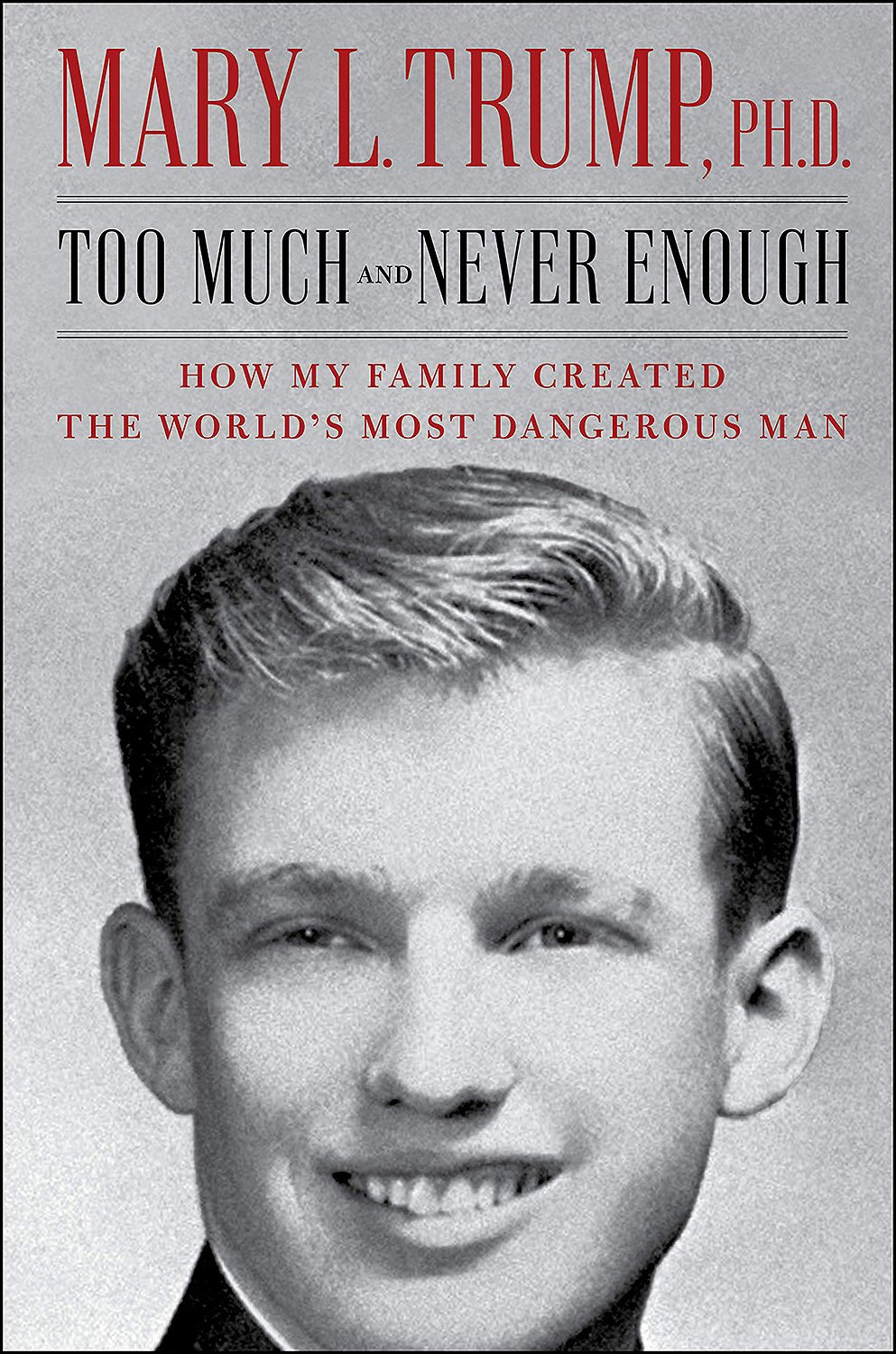With Mary Trump’s tell-all about her uncle Donald due in stores July 14, many juicy highlights have already been spreading through the media. Nevertheless, her family is still suing to stop its publication, claiming she signed a nondisclosure agreement after litigating the estate of her grandfather and Donald Trump’s father, Fred Trump. The Trumps claim the agreement prevents her from airing any dirty laundry. On Friday, a New York court will hear arguments on that issue, even as copies of the memoir have already been printed and are on their way to shelves.
In recent years, mostly in the context of the #MeToo reckoning, the public has gotten a crash course in nondisclosures. We’ve heard about the agreements that Harvey Weinstein used to keep his victims quiet. There was the one that Trump made Stormy Daniels sign in exchange for hush money. Disgraced Washington restaurateur Mike Isabella used them, too. But the idea that a family would bind its own members with one seems unusual. Is it?
Estate lawyer Mary Ann Mancini, who works with high net worth families, says that while they’re not typical, she has used nondisclosure agreements in connection with settling estates. “It is usually to everybody’s benefit, so no one seriously argues about signing them,” she says, “because nobody wants family matters to be made public.”
While she obviously can’t reveal any specifics, Mancini says the documents in part have to do with the way people behave in the course of divvying up the inheritance. If Mary Trump’s agreement is anything like the ones she’s drafted, Mancini says she doesn’t see how a court would find that it prohibits writing a book that covers so much more than the fight over her grandfather’s estate: “She may have signed a nondisclosure about the estate administration, but that doesn’t mean she signed one that applies to anything else.”
Mancini says clients also ask her to draft nondisclosures for their household staffs to sign. Estate-planning lawyers sometimes use them when hammering out prenuptial agreements, too: “We’ll include a statement that says this is a private agreement and you can’t talk about it,” explains attorney Alban Salaman.
Whatever the case, the use of family nondisclosures, says Mancini, “is evidence that the wealthier you are, the stranger things get.”




















